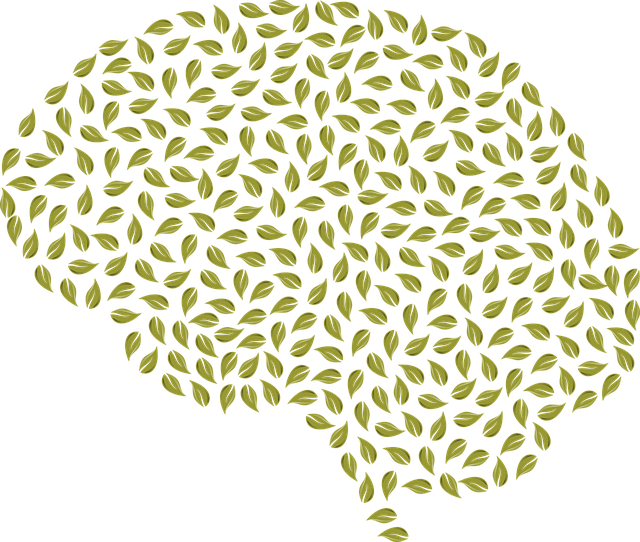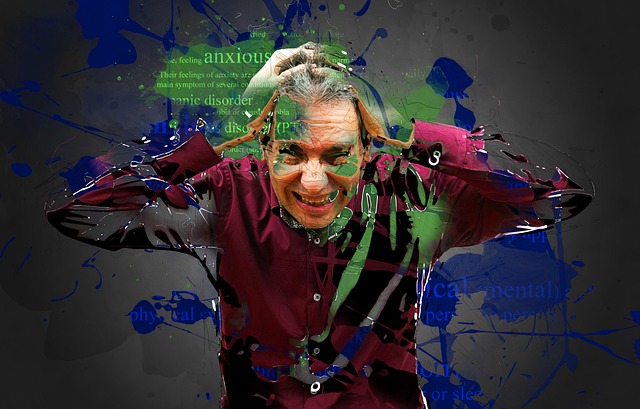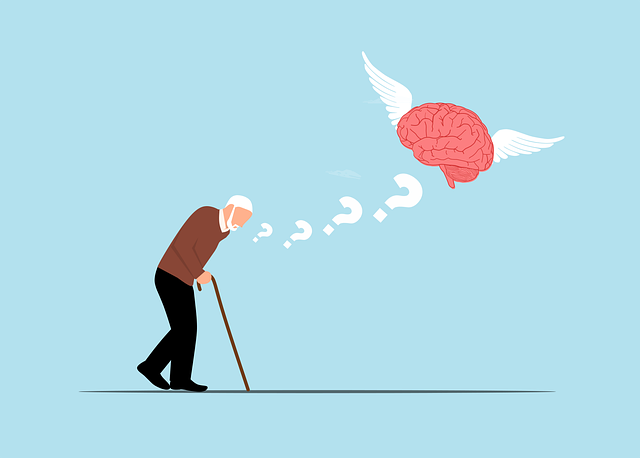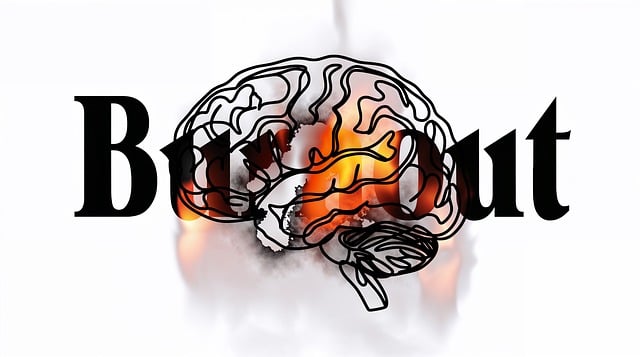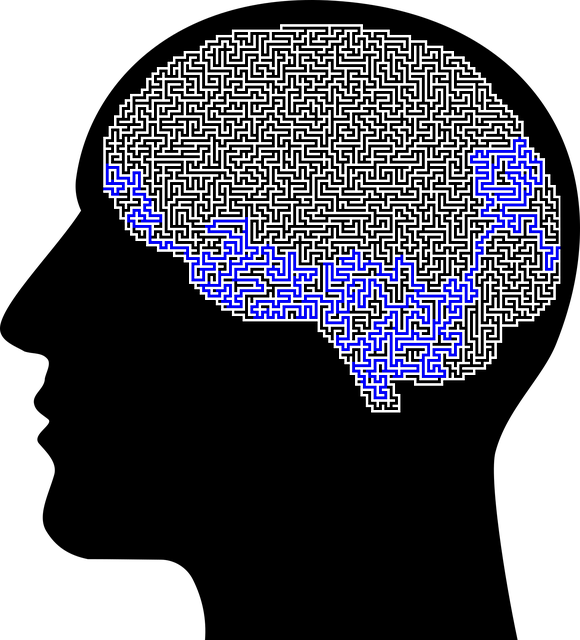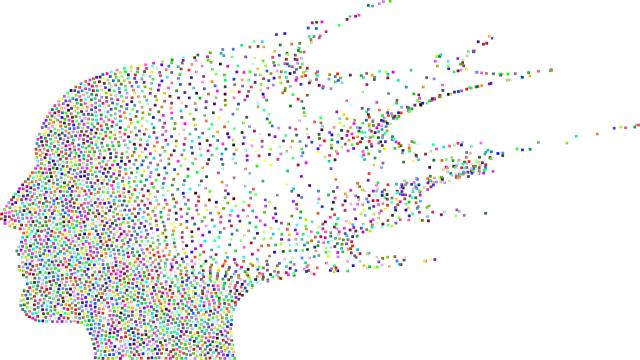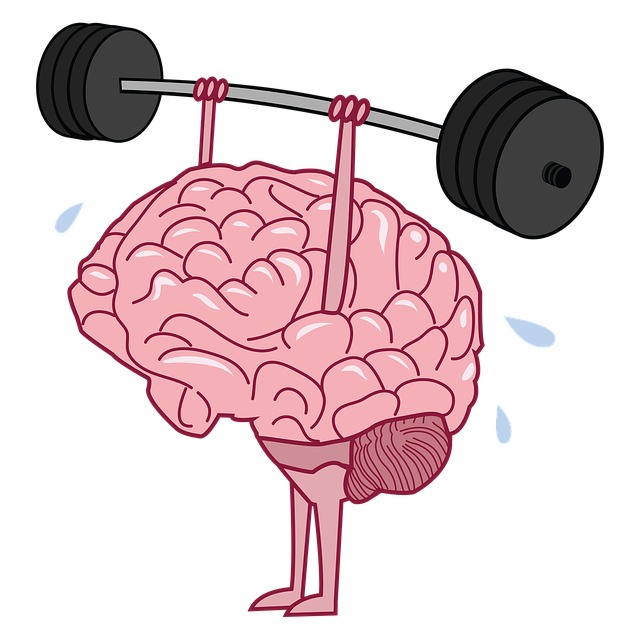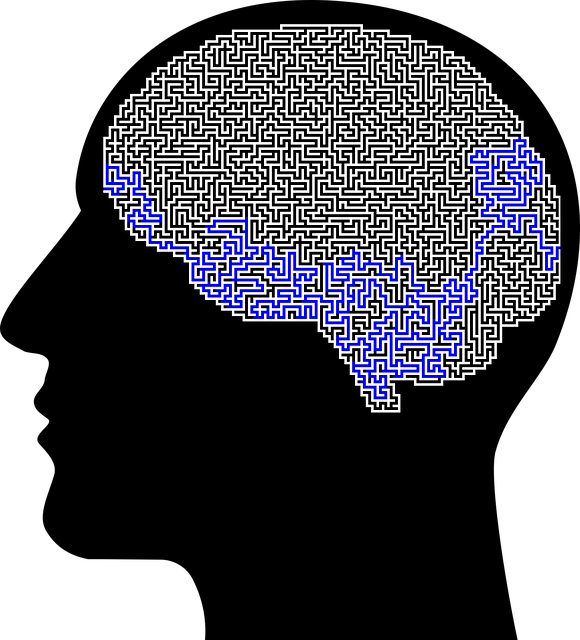Broomfield Dissociative Disorder Therapy (BDDT) tackles complex mental health conditions like dissociative disorder by focusing on coping mechanisms, trauma resolution, and cultural competency. Through advocacy, personal storytelling, and community engagement, BDDT challenges stigma, educates the public, and promotes accessible anxiety relief. It offers a personalized, innovative approach to dissociation treatment, recognizing each patient's unique experience and history while emphasizing emotional well-being and wholeness.
Mental health advocacy plays a vital role in shaping public understanding and support for those affected by dissociative disorder (DD). This article explores the profound impact of advocacy, shedding light on how it raises awareness and fosters supportive communities. We delve into the innovative therapy techniques pioneered by Broomfield, offering new hope for DD sufferers. Understanding DD’s complexities is crucial, as we navigate its symptoms and effects on individuals, emphasizing the importance of specialized treatment like Broomfield Dissociative Disorder Therapy.
- Understanding Dissociative Disorder and Its Impact on Individuals
- The Role of Advocacy in Raising Awareness and Promoting Support
- Broomfield's Approach: Innovative Therapy Techniques for DD Treatment
Understanding Dissociative Disorder and Its Impact on Individuals

Dissociative Disorder (DD) is a complex mental health condition that often goes misunderstood. It’s characterized by a disconnection from reality, where individuals may experience fragmentation in their thoughts, memories, emotions, and sense of identity. This can manifest as memory lapses, altered states of consciousness, or even feeling detached from one’s own body. Broomfield Dissociative Disorder Therapy focuses on helping individuals cope with these symptoms through specialized approaches designed to rebuild a sense of coherence.
The impact of DD is profound, affecting not just the individual but also their social and professional lives. Mental Illness Stigma Reduction Efforts play a crucial role in creating supportive environments for those with DD. Effective communication strategies and Emotional Well-being Promotion Techniques are essential tools in this process. By fostering open dialogue and providing resources that challenge stereotypes, communities can better support individuals navigating the challenges of dissociative symptoms.
The Role of Advocacy in Raising Awareness and Promoting Support

Mental health advocacy plays a pivotal role in raising awareness about various conditions, breaking down stigma, and fostering support systems. Through initiatives like public speaking, writing, and community engagement, advocates share their personal experiences to humanize mental illness and educate others. This approach is especially impactful for less understood disorders, such as Broomfield Dissociative Disorder Therapy (BDDT), helping people recognize symptoms and seek appropriate care.
Advocacy also promotes the adoption of effective coping strategies like stress reduction methods and mind over matter principles, which are crucial in managing conditions like anxiety. By combining personal narratives with evidence-based practices, advocates empower individuals to prioritize their mental well-being. They encourage open conversations about mental health, making it easier for those struggling to find support and relief, ultimately contributing to a more compassionate society where anxiety relief is accessible to all.
Broomfield's Approach: Innovative Therapy Techniques for DD Treatment

Broomfield’s Approach to Dissociative Disorder Therapy offers a unique and innovative perspective on treating conditions like dissociation. This method emphasizes the importance of understanding and addressing underlying trauma, which is often at the root of dissociative disorders. By employing a range of therapeutic techniques, this approach aims to help individuals integrate their experiences and emotions, fostering a sense of wholeness and well-being.
One key aspect of Broomfield Dissociative Disorder Therapy is its focus on personalized treatment plans. It recognizes that each individual’s journey with dissociation is unique, shaped by personal history and cultural context. This includes incorporating stress reduction methods tailored to the patient’s needs, as well as encouraging self-care practices for depression prevention. Additionally, healthcare provider cultural competency training is integrated into this approach, ensuring a supportive and understanding environment for all patients, regardless of their background.
Mental health advocacy plays a pivotal role in shaping public perception, fostering understanding, and ultimately improving support systems. By shedding light on conditions like dissociative disorder, these initiatives empower individuals to seek help and encourage innovative therapeutic approaches. Broomfield’s cutting-edge therapy techniques for dissociative disorder therapy represent a significant step forward, offering hope and healing to those affected. Through advocacy, increased awareness, and the integration of advanced treatment methods, we can create a more inclusive and supportive environment for mental health recovery.
